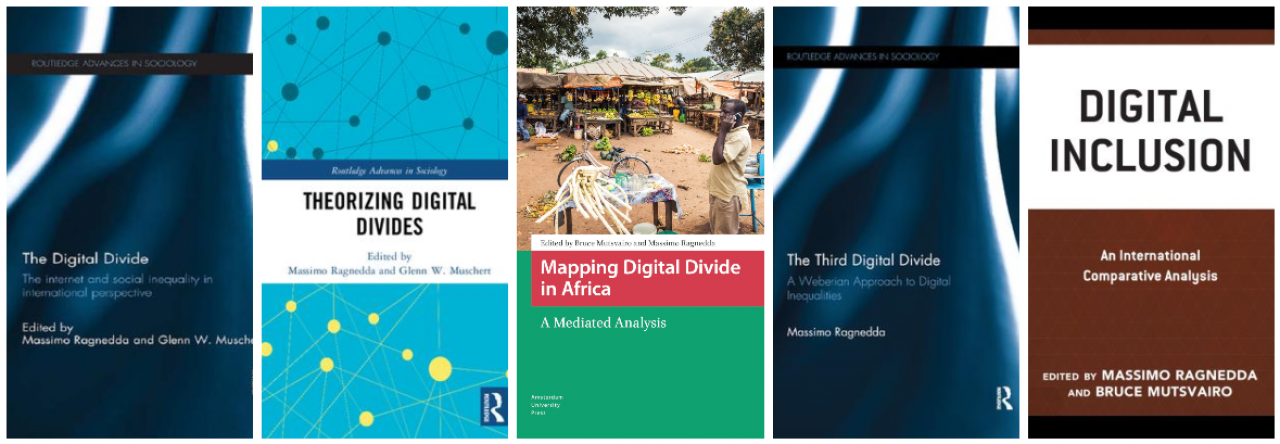 The IAMCR’s Digital Divide Working Group invites submissions for its open sessions at the IAMCR 2018 Conference to be held from 20-24 June, 2018 in Eugene, Oregon, USA. The deadline to submit abstracts is 23:59 GMT on 31 January 2018. Proposals for consideration by IAMCR’s Digital Divide Working Group must be submitted via the Open Conference System at https://iamcr-ocs.org
The IAMCR’s Digital Divide Working Group invites submissions for its open sessions at the IAMCR 2018 Conference to be held from 20-24 June, 2018 in Eugene, Oregon, USA. The deadline to submit abstracts is 23:59 GMT on 31 January 2018. Proposals for consideration by IAMCR’s Digital Divide Working Group must be submitted via the Open Conference System at https://iamcr-ocs.org
The overarching conference theme in 2018 is Reimagining Sustainability: Communication and Media Research in a Changing World. The theme is centered around the notion of sustainability, which is defined by the United Nations as harmonizing three core elements, environmental protection, social inclusion, and economic growth, so as to meet the needs of the present without compromising the ability of future generations to meet their own needs. The theme seeks to explore how sustainability is affected by the environment, as well as by human activities (social, economic and political ones) and current lifestyles. It also attempts to stimulate a discussion about the ways media can contribute to sustainable development in the societies, both by drawing public attention to the problem of sustainability and by promoting the values of social inclusion, openness and transparency in the modern world.

 Massimo Ragnedda and Maria Laura Ruiu (2017)
Massimo Ragnedda and Maria Laura Ruiu (2017)  Massimo Ragnedda and Glenn W. Muschert,
Massimo Ragnedda and Glenn W. Muschert,  At the International Association of Media and Communication Research annual conference in Cartagena (16-20 July) I introduced the concept of Digital Capital and I explained its relationship with the third level of Digital Divide. Great positive response and feedback from audience. Next step is how to operationalize the digital capital.
At the International Association of Media and Communication Research annual conference in Cartagena (16-20 July) I introduced the concept of Digital Capital and I explained its relationship with the third level of Digital Divide. Great positive response and feedback from audience. Next step is how to operationalize the digital capital. With my colleague Bruce Mutsvairo (University of Technology Sydney) we have organized a preconference at the IAMCR 2017, Cartagena (Colombia). Part of the outcome will be published in a book we are editing for Amsterdam University Press (2018).
With my colleague Bruce Mutsvairo (University of Technology Sydney) we have organized a preconference at the IAMCR 2017, Cartagena (Colombia). Part of the outcome will be published in a book we are editing for Amsterdam University Press (2018).  Maria Laura Ruiu & Massimo Ragnedda (2017): T
Maria Laura Ruiu & Massimo Ragnedda (2017): T Massimo Ragnedda and Maria Laura Ruiu (2017), UK General Election 2015: dealing with austerity
Massimo Ragnedda and Maria Laura Ruiu (2017), UK General Election 2015: dealing with austerity  Massimo Ragnedda (2017),
Massimo Ragnedda (2017), 
 Massimo Ragnedda and Maria Laura Ruiu (2016),
Massimo Ragnedda and Maria Laura Ruiu (2016),